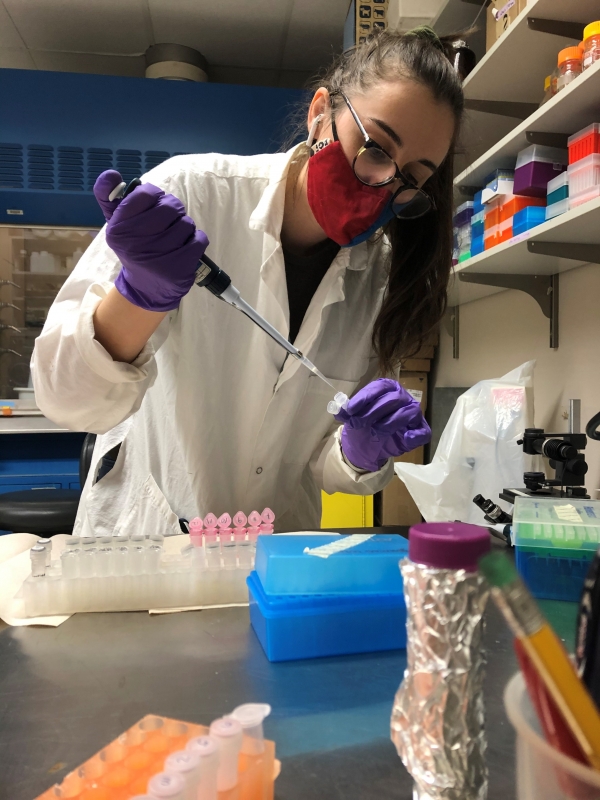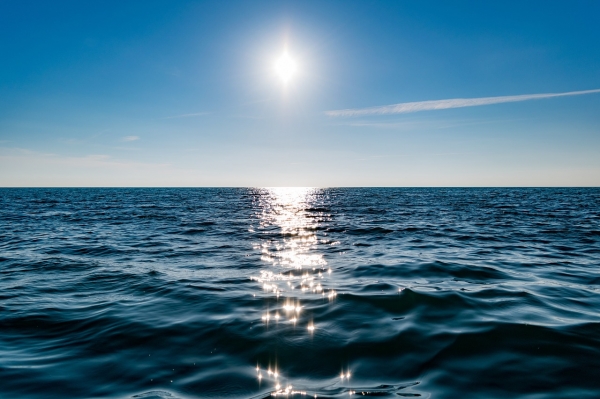Fish exposed to some pesticides at extremely low concentrations for a brief period of time can demonstrate lasting behavioral changes, with the impact extending to offspring that were never exposed firsthand, a recent study found.
articles
America’s Sinking East Coast
In many parts of the U.S. East Coast, rising seas driven by melting ice and the thermal expansion of warming water is only part of what threatens coastal areas.
Researchers Assess Florida Keys Coral Health Following Marine Heat Wave
A team of researchers from NOAA’s Mission: Iconic Reefs program and partners from Mote Marine Laboratory & Aquarium and the Coral Restoration Foundation completed a scientific mission yesterday to quantify the impact of 2023’s marine heat wave on corals in Florida Keys National Marine Sanctuary.
Spartans Introduce a Big New Idea With the Help of Tiny Plankton
Researchers at Michigan State University and the Carnegie Institution for Science have developed a model that connects microscopic biology to macroscopic ecology, which could deepen our understanding of nature’s laws and create new opportunities in ecosystem management.
Anoxic Marine Basins are Among the Best Candidates for Deep-Sea Carbon Sequestration
Anoxic marine basins are among the most viable places to conduct large-scale carbon sequestration in the deep ocean, while minimizing negative impacts to marine life.
Researchers Shed Light on River Resiliency to Flooding
Researchers at the University of Nevada, Reno have completed one of the most extensive river resilience studies, examining how river ecosystems recover following floods.










